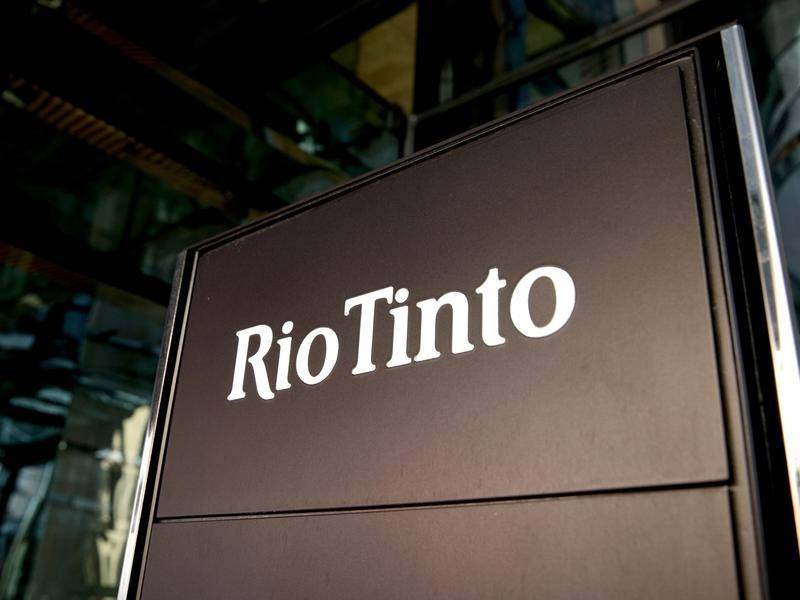Diversified miner Rio Tinto will join global initiative, the First Movers Coalition, to help commercialise zero-carbon technologies by harnessing purchasing power and supply chains.
More than 50 companies with a collective market value of about $8.5-trillion across five continents now make up the coalition to create early markets for innovative clean energy technologies.
The initiative is led by the World Economic Forum and the US government and targets sectors including aluminium, aviation, chemicals, concrete, shipping, steel and trucking, which are responsible for 30% of global emissions. This is expected to rise to over 50% by mid-century, unless there is urgent progress on clean technology innovation.
“We want to bring Rio Tinto’s considerable buying power to help build sustainable supply chains for emerging green technologies. The low-carbon transition is at the heart of our business strategy and success will require large scale of change throughout the value chain, which our pledges to the First Movers Coalition are aimed at supporting,” Rio Tinto chief commercial officer Alf Barrios said.
“As a member of the First Movers Coalition, we also look forward to building on our existing network of partnerships to support the development of new technologies to help power our way to a net-zero future.”
Head of the First Movers Coalition at the World Economic Forum Nancy Gillis said that Rio’s commitment to a sustainable future makes the company an impactful addition to the First Movers Coalition.
“We look forward to collaborating with Rio Tinto to encourage clean energy innovation and transition the mining industry toward a zero-carbon future.”
Rio is making commitments to purchase more zero emissions fuel for its own shipping fleet and make greater use of suppliers who use zero emission fuels in shipping and aviation. It has also pledged that it will ensure a greater proportion of heavy haul trucks it acquires are zero emissions.
The company is working to reach net zero by 2050. It has set a target of a 50% reduction in Scope 1 and 2 emissions by 2030, backed with an estimated investment of approximately $7.5-billion in capital.








